RESOURCES FOR CHANGE AND IMPACT
Writings
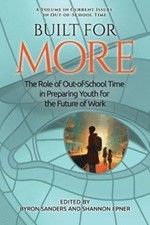
New Book Features ASP Leadership’s Vision for Youth and Workforce Development
ASP President and CEO Chris Street and Gabrielle Kurlander have contributed their expertise to a groundbreaking new book exploring the future of youth development. Their chapter, “Non-Artificial Authentic Intelligence: Creating Ecosystems of Development for Young People Outside of School (OST) and in the World of Work,” appears in Built for More: The Role of OST in Preparing Youth for the Future of Work.
Released in June 2024 by Information Age Publishing, this essential volume is part of the publisher’s respected Current Issues series. The book brings together leading voices in youth development to explore innovative practices and policies shaping the future of out-of-school time programs.
Built for More
Scan QR Code or click button below to purchase book
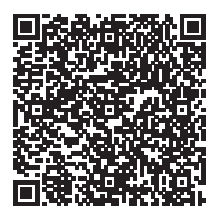
“With the release of the eighth installment, Built for More, we turn our attention to the ways in which OST programs and activities can foster economic empowerment with young people, not just for their first job, but for a life of career opportunities for which we don’t yet know the names…All Stars is uniquely positioned to address this challenge in innovative and exciting ways, and it is actively designing better models for afterschool programs and reimagining the very nature of education. With their 21st-century skills focus, they create a seamless and transformative experience for young people, preparing them for success in the workplace of the future.”
Byron Sanders
ASP’s White papers addressing the policy implications of our work
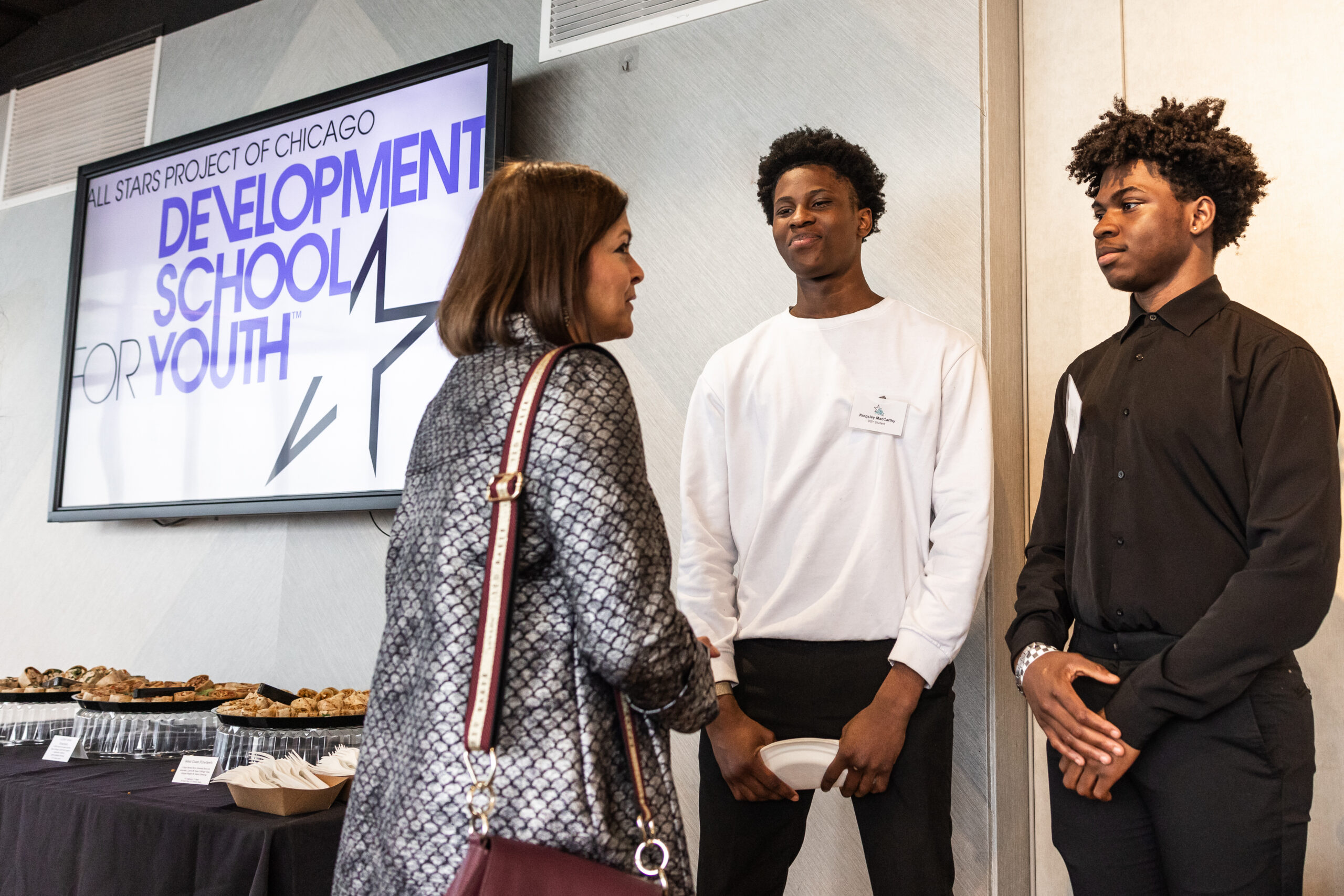
Achievement Gap or Development Gap? “Outliers” and Outsiders Reconsider an Old Problem, Lenora Fulani, Ph.D. and Gabrielle L. Kurlander (2009)
“Historically, education has been seen as – and has been – the singular pathway out of poverty and into the middle class. And while it continues to be the case that individuals can and sometimes do succeed through education, for the mass of poor kids of color, public education – as it is currently construed and constructed – is failing…We are not facing an achievement gap. If that’s all that was going on, we would simply have to close it. No, we are facing something more serious. It is a development gap…Unless and until we accept and understand this, educators and policymakers will focus on the achievement gap to no avail.”
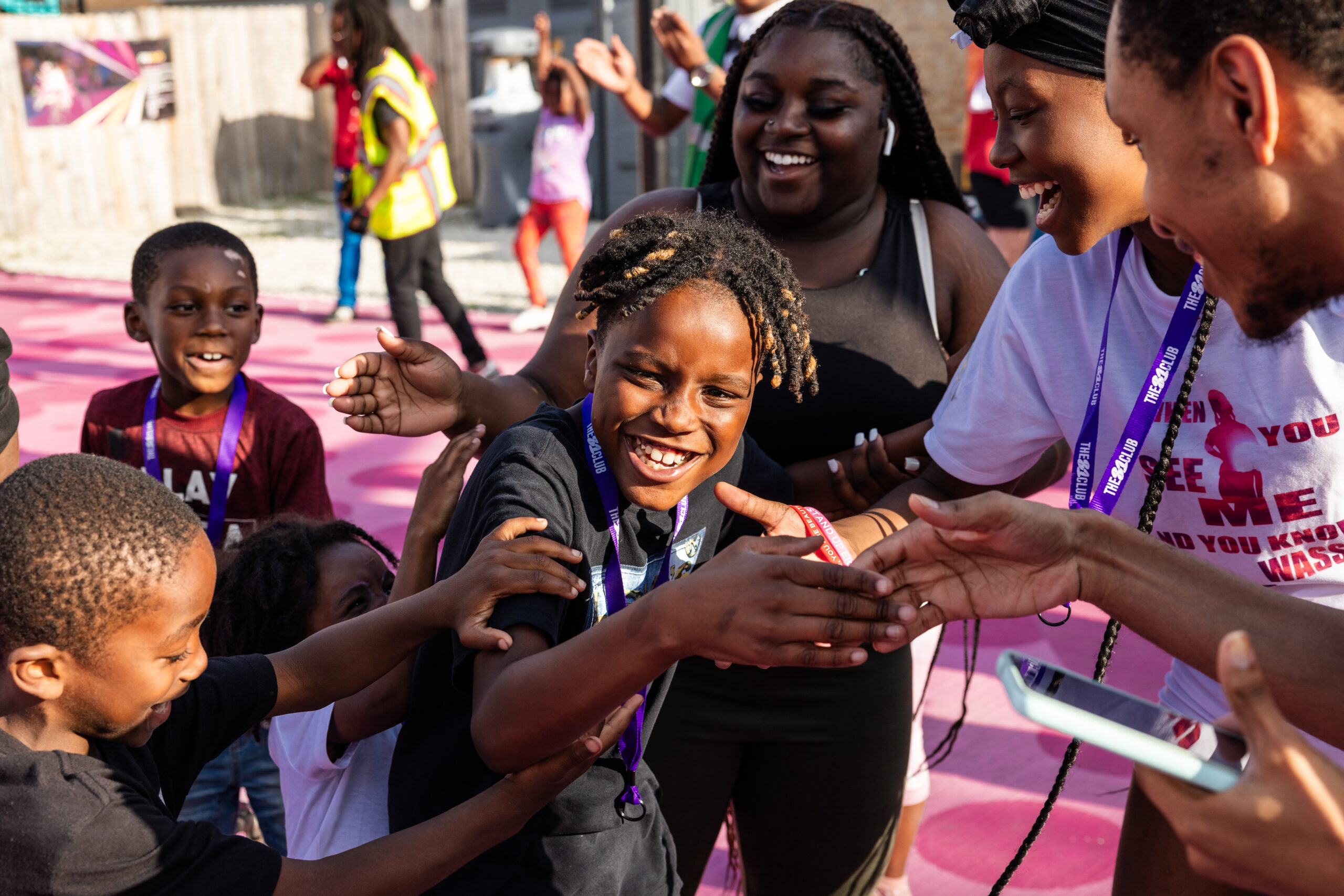
Let’s Pretend: A Special Report on Solving the Educational Crisis, Lenora Fulani, Ph.D. and Fred Newman, Ph.D. (2011)
“Here is an idea for solving the education crisis in America. What if all the kids currently failing in school pretended to be good learners? What if all the adults – teachers, principals, administrators, parents – played along and pretended that the kids were school achievers, heading for college? What if this national “ensemble” pretended this was the case day after day, classroom after classroom, school district after school district? We believe that if such a national “performance” were created, the education crisis in America would be over.”
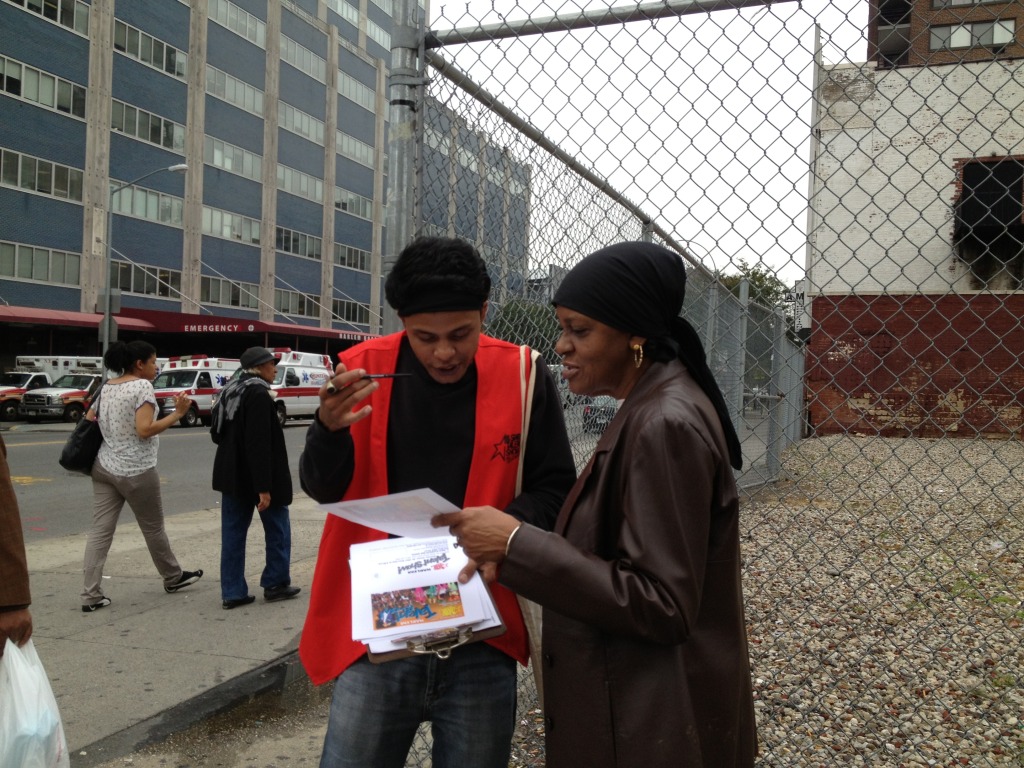
The Development Line: A Special Report on Solving the Poverty Crisis in America, Lenora Fulani, Ph.D. (2013)
“The term development is often used in two ways. One is economic development. The other is psychological development, largely understood as an individual process that begins and ends in childhood. The Development Line shares a new understanding of human development, which has emerged from a three-decade experiment of creating growth environments that engage and reorganize the lack of development in poor communities of color.”
Stay Connected to Help
Our Young People Grow
Sign up for the newsletter from the region of your preference, and don’t miss out on the great work we’re doing around the country and how you can help.

“Everything changed the day I discovered the All Stars Project. At 17, I joined the Development School for Youth (DSY)—a free career development program connecting me to paid internships. It transformed my life!”
Chioma Igwebuike, ASP Alum, Associate- Investment Banking Division Compliance, Goldman Sachs; Board member, ASP of New Jersey
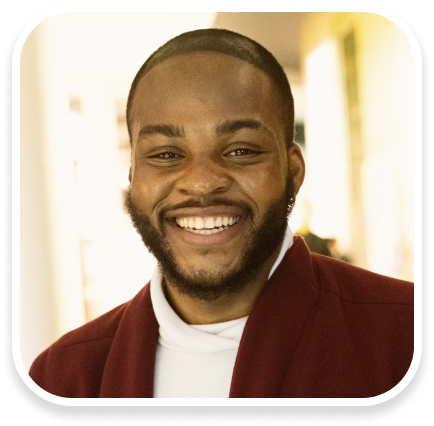
“All Stars pushed me to do uncomfortable things like going downtown in these large glass buildings and having conversations with people who didn't look like me. This gave me the ability to stand in spaces where I had been told that I could not or should not be.”
Cedric Soglohoun, ASP Alum, Machine Operator, Flex
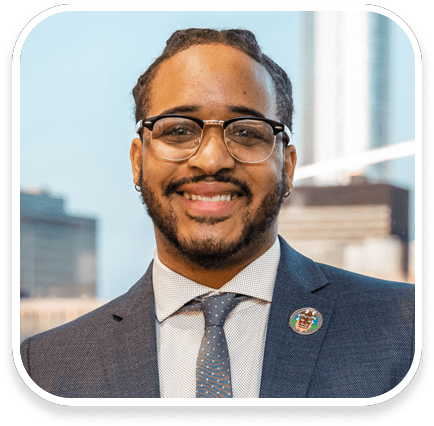
“When I joined ASP, I experienced the power of performance. DSY taught me to perform bigger than I thought possible, and the All Stars Talent Show Network gave me the confidence to uplift other young people like me.”
Dwayne Dixon, ASP Alum, Program Director, ASP of Chicago

“Through All Stars, I learned to perform confidence and step into spaces I never thought I belonged in. That journey brought me to UC Santa Barbara and back to ASP, where I’m now helping youth build their futures.”
Larry Huynh, ASP Alum, Program Associate at ASP of SF Bay Area and Virtual Programs

“I joined DSY during my sophomore year of college, connecting with inspiring leaders and earning my first internship at AIG. Today, I’m proud to work at ASP and give back to the program that launched my career.”
Emily Munguia, ASP Alum, Assistant Director of Development at ASP of New York

“All Stars has given me hope, opportunity, confidence and long-lasting relationships that I still carry with me today. My first DSY internship opened new doors for me professionally and has shaped my trajectory 15 years later. My aspiration through the work of the ALC (Alumni Leadership Council) is to bring the gift of development to as many young people as possible.”
Avriel Kelly, ASP Alum, AVP, Business Support Manager, Bank of America
Have a question or need some support?
Let us know.
Copyright © 2025. The All Stars Project.
EIN: 13-3148295